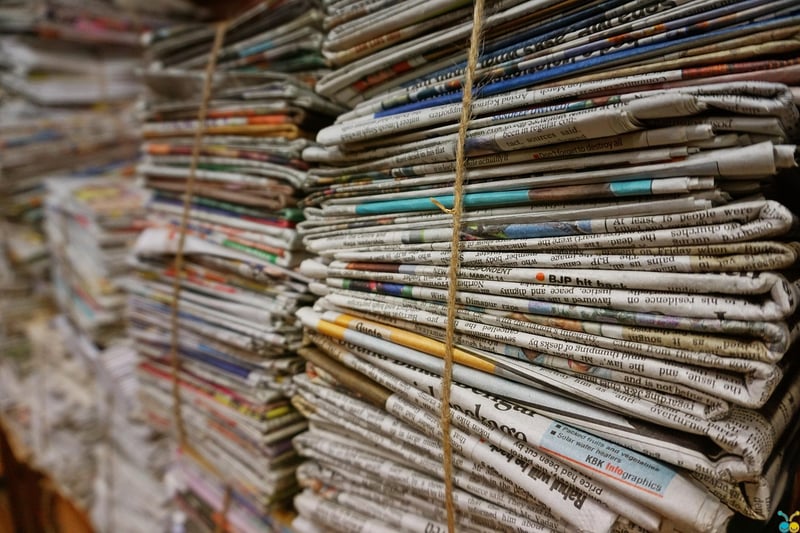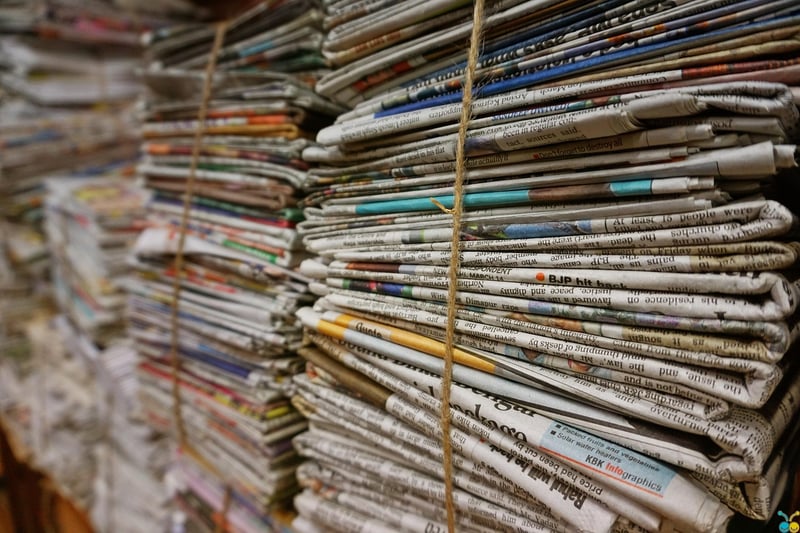Eco-friendly finishes
Guidance on Upcycling Practices and Methods
The Art of Upcycling
Upcycling is a creative way to breathe new life into old or unused items by transforming them into something beautiful and useful. Not only does upcycling reduce waste, but it also allows you to unleash your creativity and create unique pieces for your home.
Choosing the Right Items
When starting an upcycling project, look for items that are sturdy and in good condition but may have lost their aesthetic appeal or function. Furniture, glass jars, wooden pallets, and clothing are great examples of items that can be upcycled.
Methods of Upcycling
- Painting: A fresh coat of paint can instantly transform an old piece of furniture or decor item.
- Decoupage: Use decorative paper or fabric to add interesting patterns and designs to surfaces.
- Repurposing: Turn old items into something completely different. For example, turn a ladder into a bookshelf or a suitcase into a pet bed.
- Embroidery: Add a personal touch to clothing or home textiles with embroidery stitches.
Eco-Friendly Finishes
Natural Oils and Waxes
When finishing upcycled wooden furniture, consider using natural oils like linseed oil or tung oil. These finishes not only enhance the beauty of the wood but also provide protection.
Milk Paint
Milk paint is an eco-friendly option for adding color to your upcycled projects. Made from natural ingredients like casein (a milk protein), lime, and natural pigments, milk paint creates a unique, matte finish.
Beeswax Polish
For a natural and non-toxic finish on wooden surfaces, beeswax polish is a great choice. It adds a gentle sheen and helps protect the wood from moisture.
Conclusion
Upcycling not only allows you to express your creativity but also contributes to a more sustainable lifestyle by giving new life to old items. By choosing eco-friendly finishes, you can further enhance the beauty of your upcycled creations while minimizing your environmental footprint.


